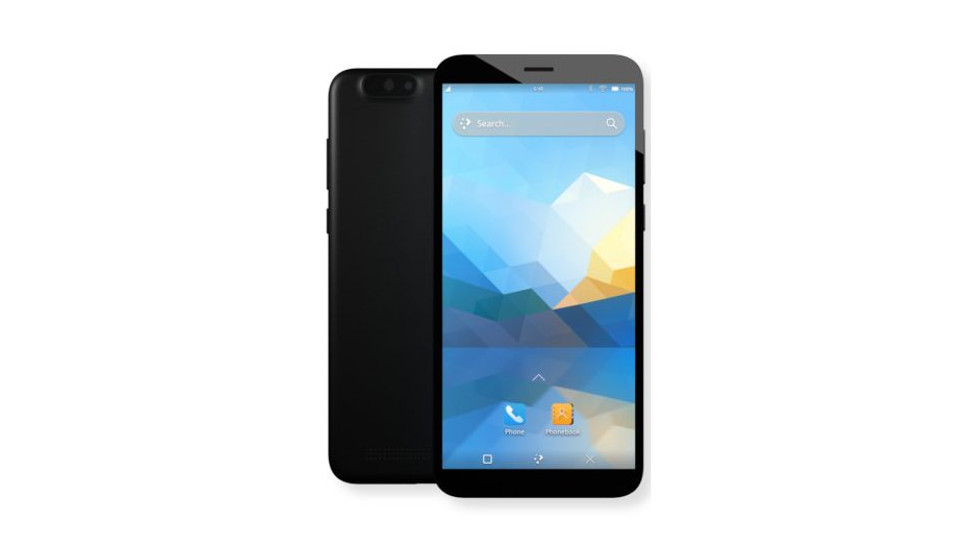The PinePhone Pro could be the first Linux-based smartphone worth a look
Is it time to consider a Linux-based smartphone?

Pine64 is now accepting preorders for the PinePhone Pro, billed as the “fastest mainline Linux smartphone on the market”.
Successor to the original PinePhone from 2019, the PinePhone Pro is designed to fill a gap in the market for a Linux-based smartphone with sufficient raw power to compete with iOS and Android alternatives.
The device is also set apart by its swappable backplate, under which is found a removable battery, SD card slot and privacy switches that let the user cut access to the cameras, microphone, Wi-Fi and more.
The PinePhone Pro is available for preorder at a modest $399 for a limited time, after which the price will rise to $599. TechRadar Pro has asked for clarification over pricing for non-US residents.
Performance upgrade
When designing the PinePhone Pro, Pine64 did its best to build a smartphone that performs at least on a similar level to devices running on Android and iOS. The main challenge in this regard is that market-leading chips from Qualcomm and Samsung are ruled out, because neither company is willing to share open drivers.
Instead, the PinePhone Pro is powered by a Rockchip RK3399 system-on-chip, which features two Cortex A72 CPUs and four Cortex A53 CPUs. As noted by Ars Technica, while it’s unclear what process technology is used to manufacture the SoC, the performance is likely to be comparable with a mid-tier Qualcomm chip from a few years back.
As for the rest of the specification, the PinePhone Pro comes with 4GB LPDDR4 RAM, 128GB storage and a 3,000 mAh battery, which is charged via 15W USB-C. It also has a 13MP main camera and 8MP selfie camera, and features a six-inch IPS display with a resolution of 1440x720px.
Are you a pro? Subscribe to our newsletter
Sign up to the TechRadar Pro newsletter to get all the top news, opinion, features and guidance your business needs to succeed!
Underneath the backplate is also housed a set of pogo pins that can be used to customize the device. For an additional $25, for instance, PinePhone Pro owners can purchase a backplate with an in-built fingerprint reader.
Consumer-ready?
While the PinePhone Pro is clearly superior to its predecessor, the Linux smartphone market remains immature and the user experience is far from polished, something Pine64 acknowledges openly.
“Contemporary mobile Linux operating systems have a way to go before they can be considered true alternatives to Android or iOS,” reads a disclaimer on the company’s website.
“While mobile Linux isn’t in a state that could satisfy most mainstream electronics consumers, we recognize that a sizable portion of our community is ready to make the jump to a Linux-only smartphone today. The PinePhone Pro has the raw horsepower to be your daily driver, granted you’re ready to accept the current software limitations.”
Although Pine64 had imagined the PinePhone Pro as a daily driver for those that want to run pure Linux on their mobile device, the phone currently comes with a “pre-beta” version of Manjaro Arm preinstalled. According to the company, this means the phone “cannot be considered consumer-ready” and is better suited for Linux experts who “know what they are getting into”.
- Also check out our list of the best rugged smartphones
Via Ars Technica

Joel Khalili is the News and Features Editor at TechRadar Pro, covering cybersecurity, data privacy, cloud, AI, blockchain, internet infrastructure, 5G, data storage and computing. He's responsible for curating our news content, as well as commissioning and producing features on the technologies that are transforming the way the world does business.